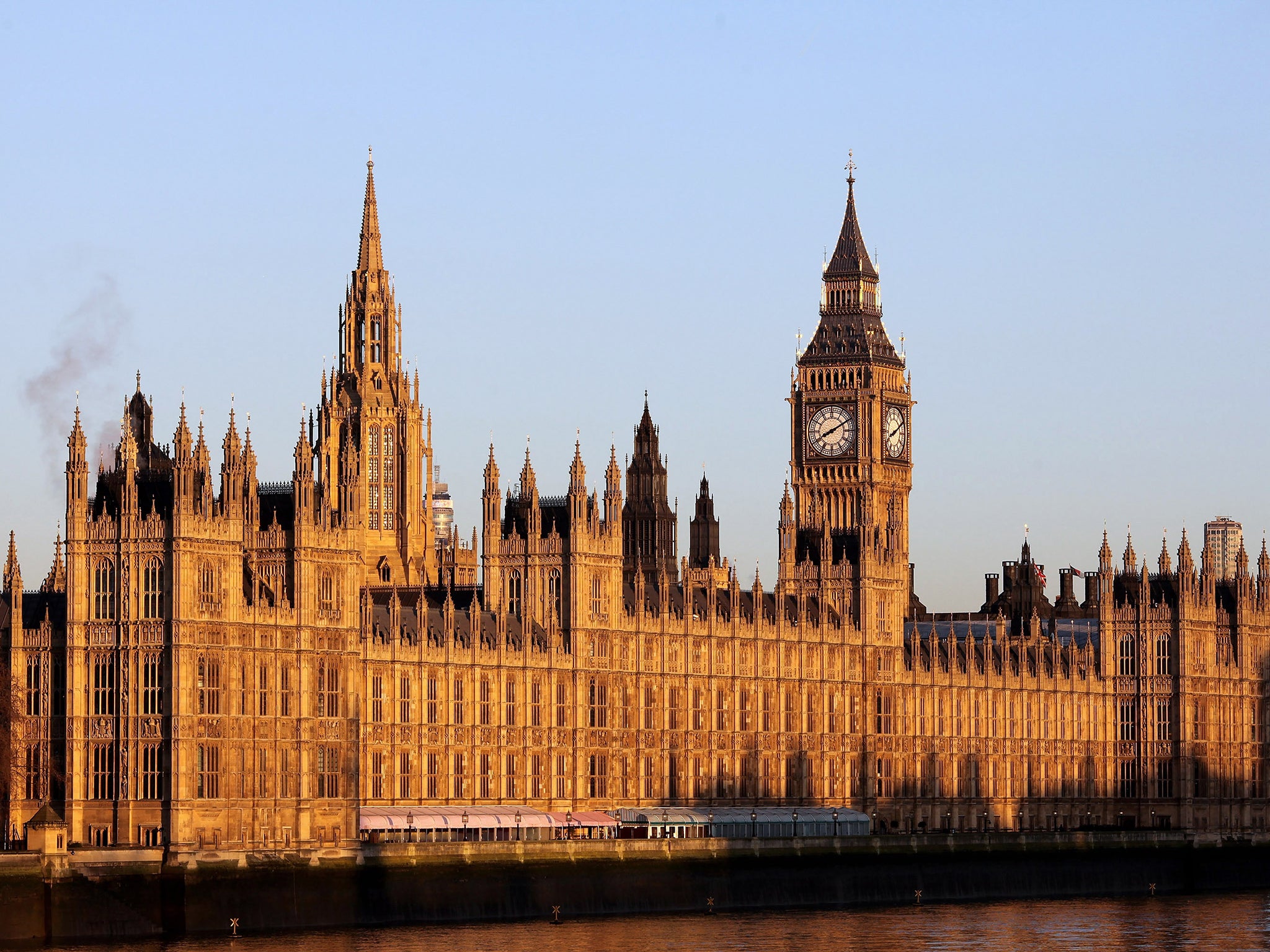Your support helps us to tell the story
From reproductive rights to climate change to Big Tech, The Independent is on the ground when the story is developing. Whether it's investigating the financials of Elon Musk's pro-Trump PAC or producing our latest documentary, 'The A Word', which shines a light on the American women fighting for reproductive rights, we know how important it is to parse out the facts from the messaging.
At such a critical moment in US history, we need reporters on the ground. Your donation allows us to keep sending journalists to speak to both sides of the story.
The Independent is trusted by Americans across the entire political spectrum. And unlike many other quality news outlets, we choose not to lock Americans out of our reporting and analysis with paywalls. We believe quality journalism should be available to everyone, paid for by those who can afford it.
Your support makes all the difference.Thousands of people are petitioning the Government to crack down on the practice of MPs deliberately blocking proposed laws by speaking for hours without stopping.
The practice of “filibustering” or “talking out” bills has featured in a spate of news stories in recent weeks.
The parliamentary manoeuvre has been used to block proposed laws on reducing carers’ hospital car parking charges, promoting cheap off-patent drugs for the NHS, and a requirement that rented homes be “fit for human habitation”.
But petitioners say the “archaic” practice – which is only effective against laws proposed by backbenchers and to which government business is essentially immune – needs to be curbed.
A petition on the official Parliament.uk website has reached 6,500 signatures as of Monday lunchtime, with new signatories adding their names a rate of knots.
At its current rate, the petition is likely to hit 10,000 people before the end of this week, after which the Government will be obliged by law to issue a response.
If the petition reaches 100,000 people before next a deadline next May MPs it will be considered for debate in Parliament.
“Such a tactic is archaic, repugnant, and has no place in a modern parliament,” the petition’s author Dr Alex Langford wrote.
“Lowering the number of MPs needed to win a vote on a motion for closure, or limiting the length of speeches in certain sessions, would be options for reform worth considering.”
“Talking out” a bill works on business proposed by backbenchers because there is a limited time in which these laws can be debated.
Government business can avoid being filibustered if a motion of “cloture” is called, bringing a speech to an end. However, this is in practice only achievable by governments because it requires a majority of MPs present.
In countries like the United States, where rules are different, the practice is more common against government business and can act as a check on the executive.
Some MPs however maintain that the practice has merit. Conservative MP Philip Davies told the Independent last year that was a good way of blocking badly written legislation.
“When I first got elected to Parliament my mentor was Eric Forth [the former Tory MP] and he really was the past master of talking out bills on a Friday,” he said. “He did it for fun and he was brilliant at it. After he died I vowed I would do the same kind of work.
“He taught me that lots of these have all got a worthy sentiment behind them but you can’t pass legislation on the whim of a worthy sentiment because it affects people’s lives and livelihoods. I agree with him. It is a very unsatisfactory way to pass legislation.”
This state of affairs is effectively reversed in the UK where the practice often means only government proposals have a realistic chance of going through.

Join our commenting forum
Join thought-provoking conversations, follow other Independent readers and see their replies
Comments